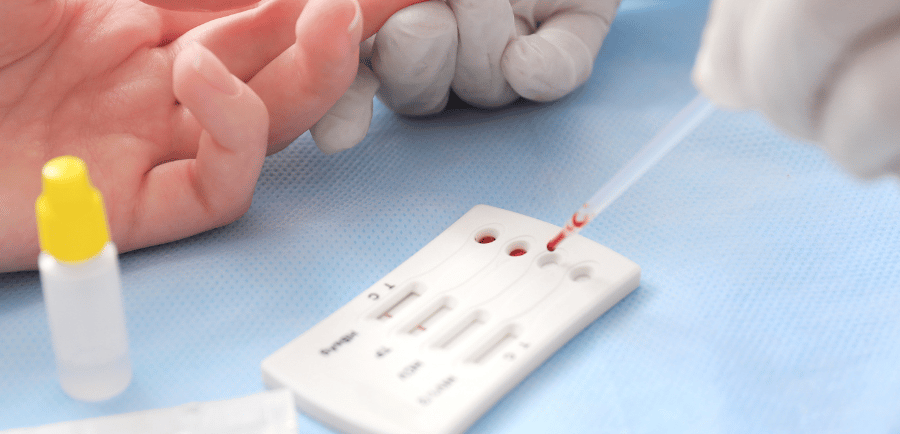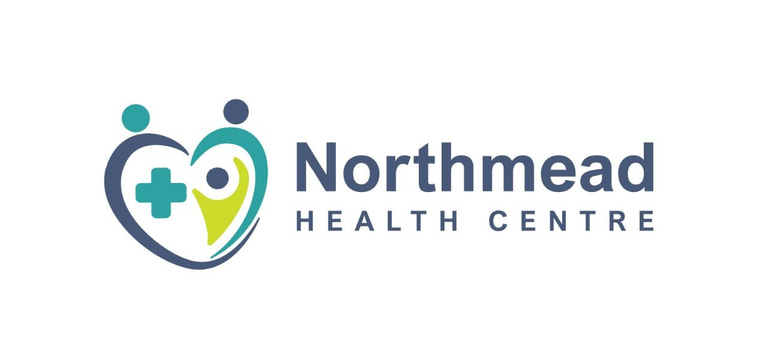HIV Management: Why Open Communication with Your Doctor is Key
Living with HIV can feel overwhelming at times, but with proper management and support, you can achieve optimal health and live a full, active life.
7/16/20241 min read


Open communication is key to effective HIV management, and here's why:
1. Personalized Treatment Plan: HIV affects everyone differently. By talking openly with your doctor about your lifestyle, health concerns, and any side effects you experience from medications, they can tailor a treatment plan that works best for you. This personalized approach ensures you get the most out of your therapy while minimizing potential downsides.
2. Monitoring Progress: Regular check-ups with your doctor allow them to track the effectiveness of your treatment. Blood tests measure your viral load (the amount of HIV in your blood) and CD4 count (immune system cells). These results help your doctor assess your overall health and adjust your treatment plan if needed.
3. Addressing Side Effects: Antiretroviral therapy (ART), the medication used to manage HIV, can sometimes cause side effects. Discussing these openly with your doctor allows them to recommend solutions or alternative medications. Don't hesitate to bring up any concerns, no matter how small they may seem.
4. Mental and Emotional Wellbeing: HIV can take a toll on your mental and emotional well-being. Talking to your doctor about any anxiety, depression, or other emotional challenges you face is vital. They can connect you with support services or recommend therapy to help you cope effectively.
5. Proactive Healthcare: A doctor familiar with your HIV status can provide comprehensive healthcare. They can address other health concerns you may have, screen for potential complications, and ensure you're up-to-date on all recommended vaccinations.
Tips for Effective Communication:
Come prepared: Write down your questions and concerns beforehand.
Be open and honest: Don't shy away from discussing any aspect of your health or lifestyle.
Ask clarifying questions: If you don't understand something, ask your doctor to explain it in simpler terms.
Take notes: Jot down key points discussed during your appointment.
Remember, your doctor is there to guide and support you on your journey to optimal health. By openly communicating with them, you take charge of your HIV management and empower yourself to live a thriving life.

